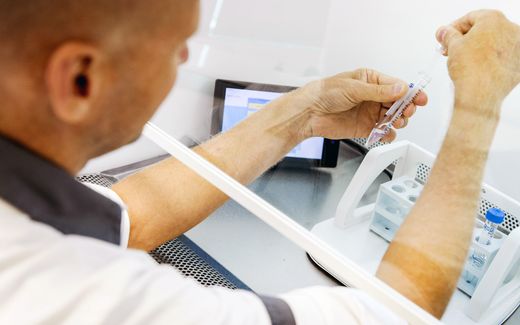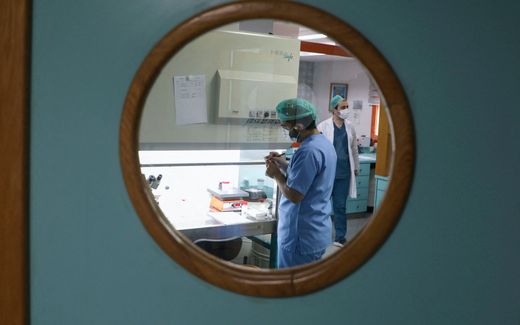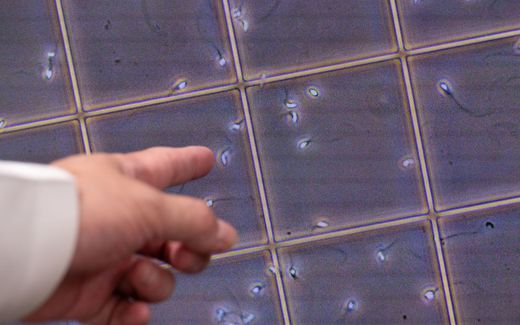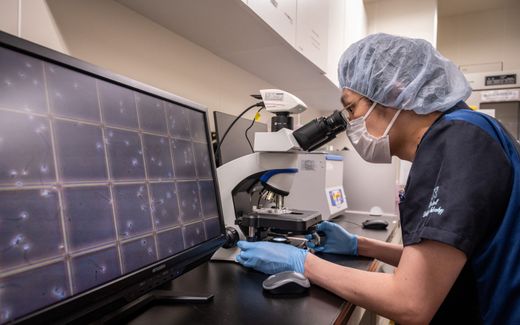Dutch government not able to set limit on sperm donations
25-01-2022
Western Europe
CNE.news
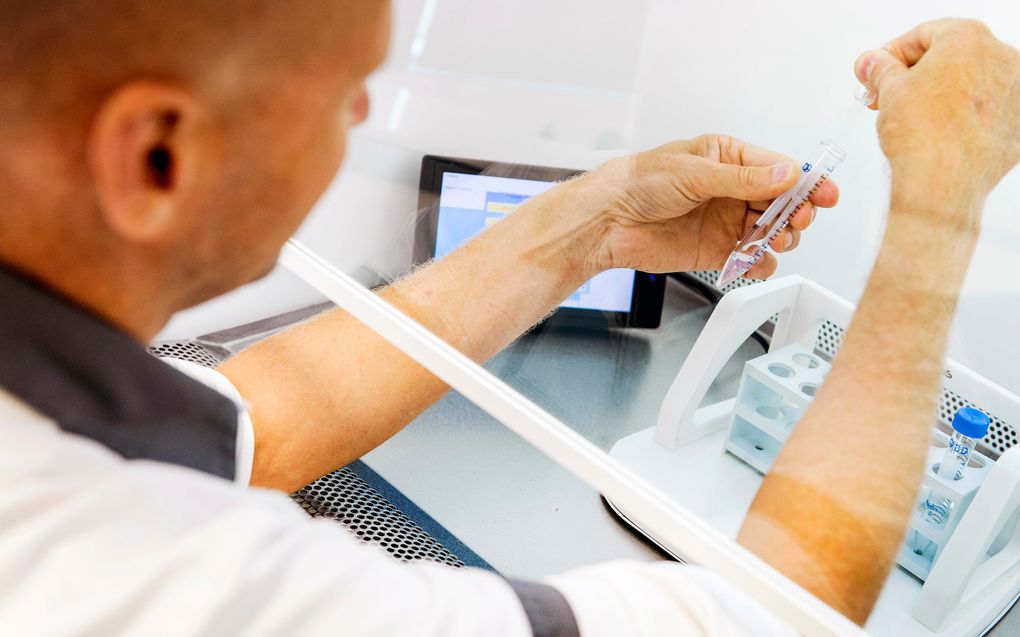
Photo ANP, Koen van Weel
Western Europe
It is impossible to regulate that sperm donors conceive a maximum number of offspring with desirable parents. Dutch Health Minister Ernst Kuipers wrote in a letter to the Parliament that he has "no means" to stop this phenomenon.
In the Netherlands, the guideline in fertility clinics is that the sperm of one donor is used in twelve families at the most. But the activities of donors who offer themselves for sale via foreign (commercial) sperm banks, via the internet or in their private lives cannot be monitored or restricted.
The Dutch platform for investigative journalism wrote at the end of last year about mass donors who produce large numbers of children, sometimes in several countries at once. For example, The New York Times reported in February 2021 on the Dutch 'serial donor' Jonathan Jacob Meijer, who may have produced hundreds of children in recent years without being honest about it to their mothers.
Confusion
Minister Kuipers considers it "undesirable for donors to conceive large numbers of children", Dutch press agency ANP writes. It can lead to problems for these children later on, as they will have many half-brothers and sisters. Because the registration of these sperm donations is often not in order, there is a great deal of confusion, and this can be a burden for the children involved, the Minister says.
According to Kuipers, there is no (international) register of sperm donors. Therefore, these men can donate in other countries, even if they already do so in a clinic in the Netherlands. Exchange of information about sperm donors is not possible due to privacy laws. Donors do state that they refrain from donating through other clinics or channels, but this cannot be verified, according to Kuipers.
The Minister advises prospective parents to find a sperm donor through a Dutch clinic to prevent problems. They can also go there for treatment if they have found a donor of their own. He understands that prospective parents sometimes must wait longer before it is their turn, but he feels it is in the interest of the future child to keep donation transparent. In the Netherlands, for instance, it is regulated that children from the age of sixteen can request information about their donor.
Related Articles

